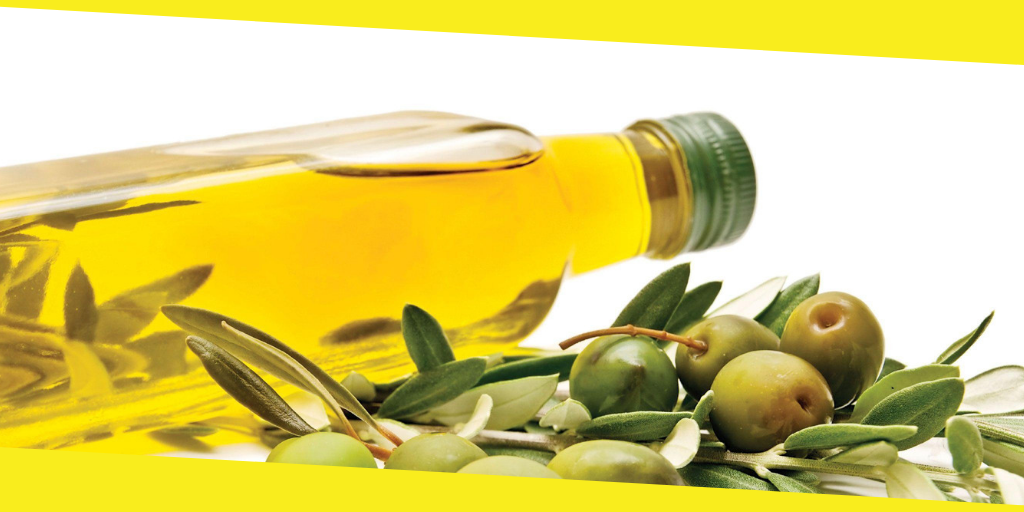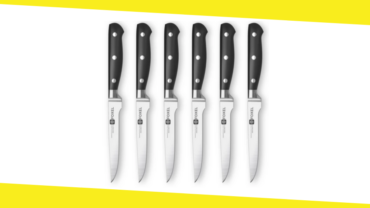Personal Chef Danny G. Alberto Discusses How to Choose an Olive Oil

It’s well established that olive oil is good for you. It’s a cornerstone of the Mediterranean diet, it’s full of healthy fat and antioxidants, and it even fights inflammation. It’s also probably already in your kitchen.
However, knowing what exactly is in your bottle isn’t always straightforward. Extra virgin is often considered the best olive oil, but what does that mean? Deciding which olive oil you prefer starts with knowing what the label is telling you. Here, Charlotte, North Carolina-based personal chef Danny G. Alberto details how to choose the best olive oil.
The grading for olive oil starts with the processing. Cold-pressed olive oil is referred to as “virgin” and comprises the majority of all oil produced. Refined olive oil is the additional oil obtained by using heat or chemicals. Although these are the basic types of olive oil, you’ll rarely see them for sale under those names.
“Extra virgin” olive oil is virgin olive oil that has been given an acceptable grade by a professional taster and has a low level of free oleic acid. Olive oil is mostly comprised of oleic acid, and free acid is produced when it starts to break down.
A healthy olive has a low level of free oleic acid, but one that has been damaged–by handling, growing conditions, or time–has higher levels. Lower acidity oils are healthier and generally taste better. Oils degrade in the bottle, too, so if the label tells you what year the olives were grown, newer is always better.
The standards for extra virgin olive oil require it to have 0.8% free acid or less. Extra virgin is the best and most expensive oil; producers stretch their supply by blending to produce an oil that meets the exact requirements. High-quality olive oil with very low acidity can be found and purchased, but almost exclusively from small artisan brands associated with particular orchards.
Besides extra virgin olive oil, you’ll also find plain olive oil and light olive oil in stores. Regular olive oil is refined oil with enough virgin oil added in to give it a bit of olive flavor. Light olive oil is pure refined oil and has almost no olive flavor or characteristics.
The heat and solvents used to produce refined oil break down a lot of what makes olive oil good for you, but it’s still mostly monounsaturated fat. However, refined oil is cheaper and has a higher smoke point than extra virgin olive oil, so many people prefer it for cooking.
Finally, to understand exactly how reliable the label on your olive oil is, you need to know how the regulation system works. The standards for olive oil are set by the International Olive Council, and although the United States doesn’t adhere to them, the USDA has established similar regulations.
Both the internation and U.S. standards are largely voluntary, but several U.S. states–including California–make them mandatory. Since California is by far the largest producer, American olive oil is generally what you would expect from the label. You may still need to read the fine print hidden on the back of the bottle to get the details, such as where the olives were grown.
European oils are a much more mixed bag. There are certainly high quality European olive oils, especially from Spain and Italy. However, voluntary standards and loopholes mean that there are also a lot of very questionable ones. For example, olive oil can legally be labeled Italian if it contains only a small percentage of Italian olive oil. There have also been several cases of fraud in Europe, with soy and other oils sold as olive oil. Although there has been an attempt to address these in recent years, if you want to buy good European oil, you’ll need to do some research to find a trustworthy producer.
Master chef Danny G. Alberto claims that because most extra virgin olive oils are blends, any argument that one is healthier than another is dubious. There can be quite a difference in flavor, however, thanks to the many types of olives that are grown for oil. As long as you avoid any questionably sourced oils, the best oil is the one you enjoy the most.
You may like this
Recommended For You
Non Serrated Steak Knife: A Steak Lover’s Ultimate Weapon
Most Inside
Most Inside offers high-quality recommendations and valuable updates to enhance all aspects of your life, providing premium guidance and enriching experiences.




